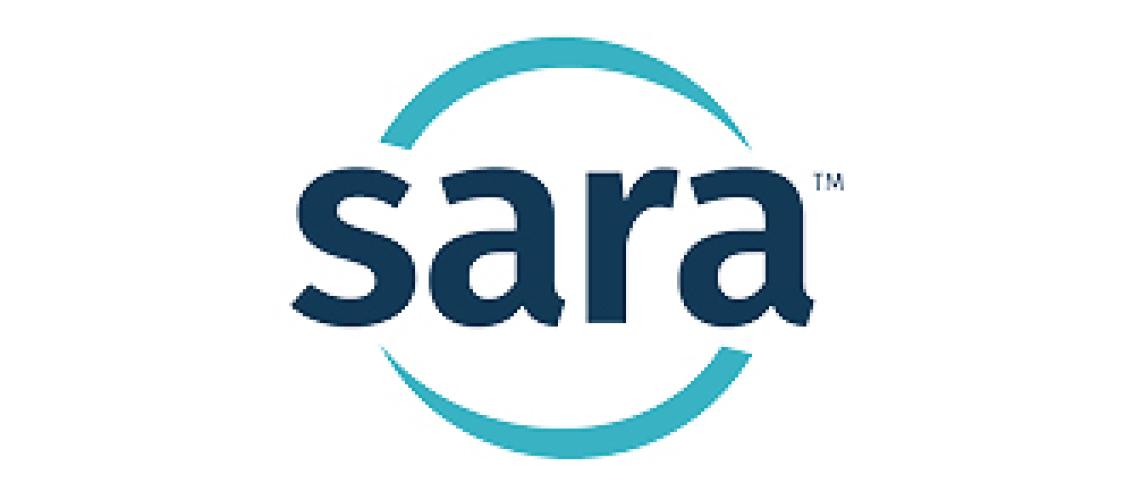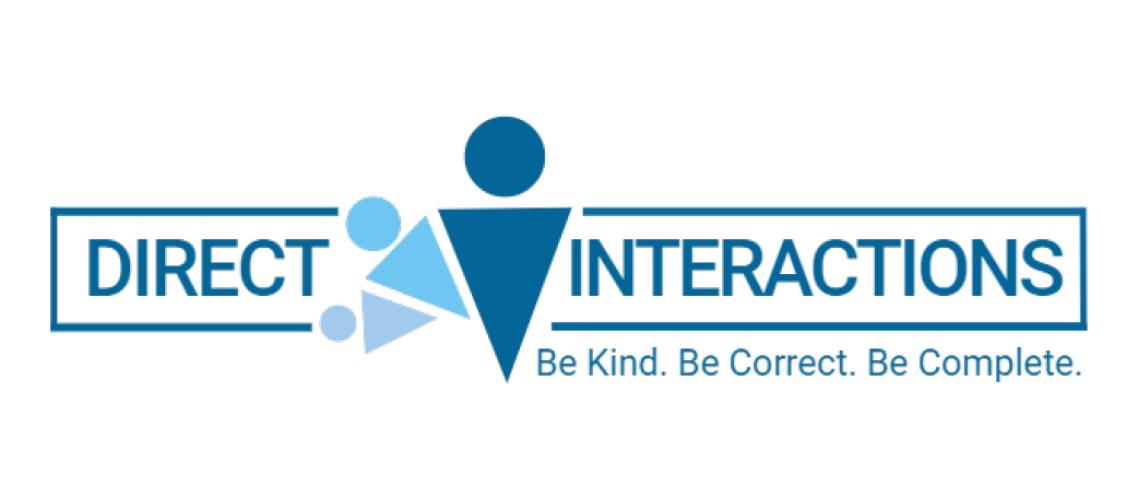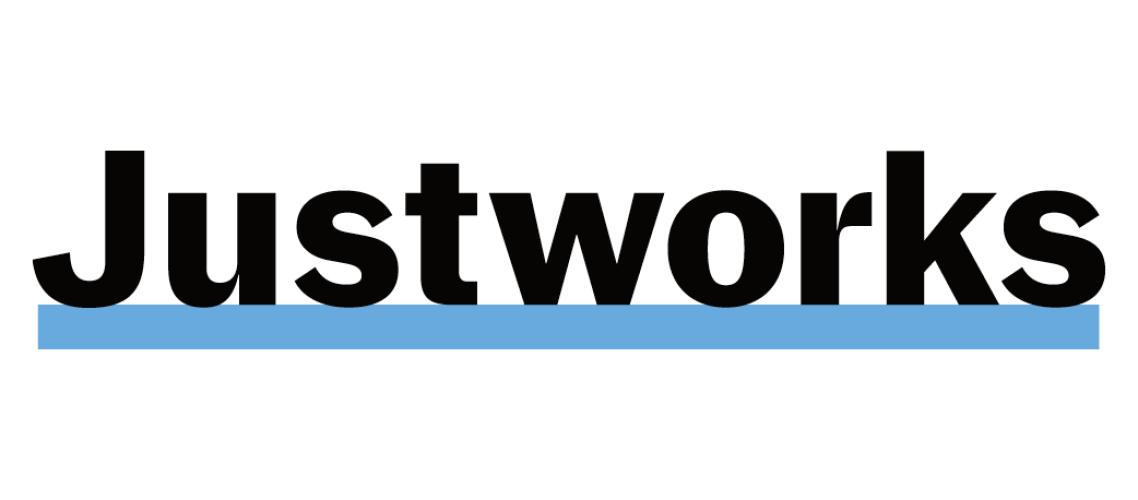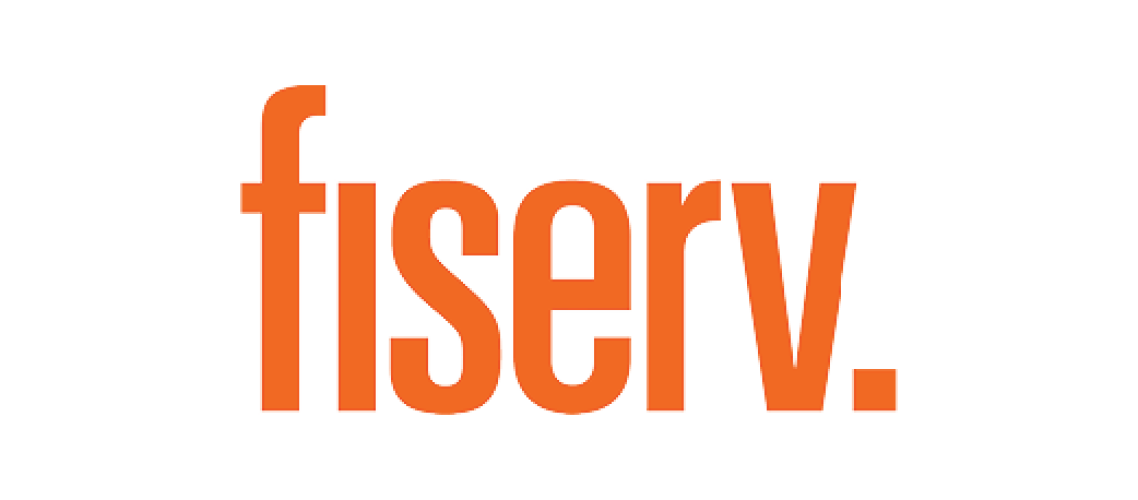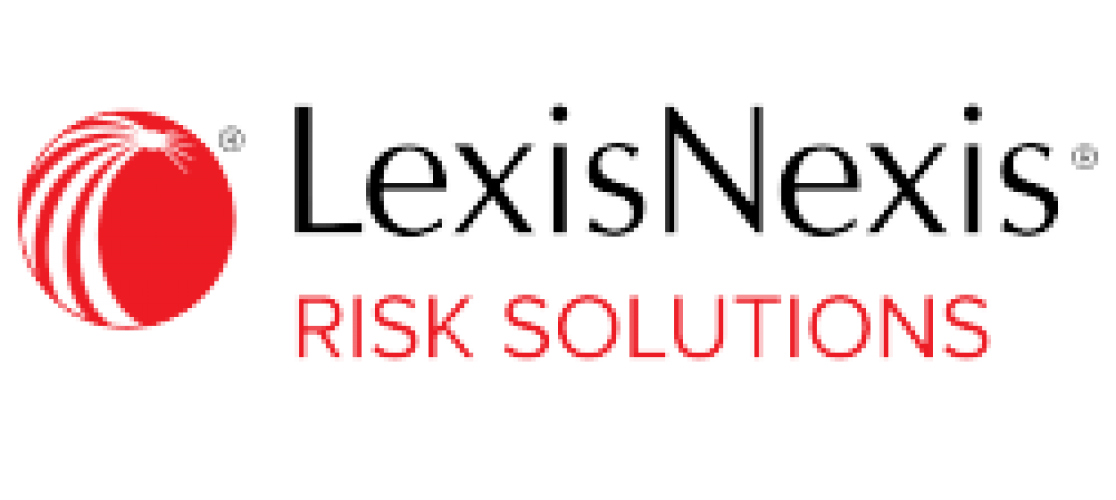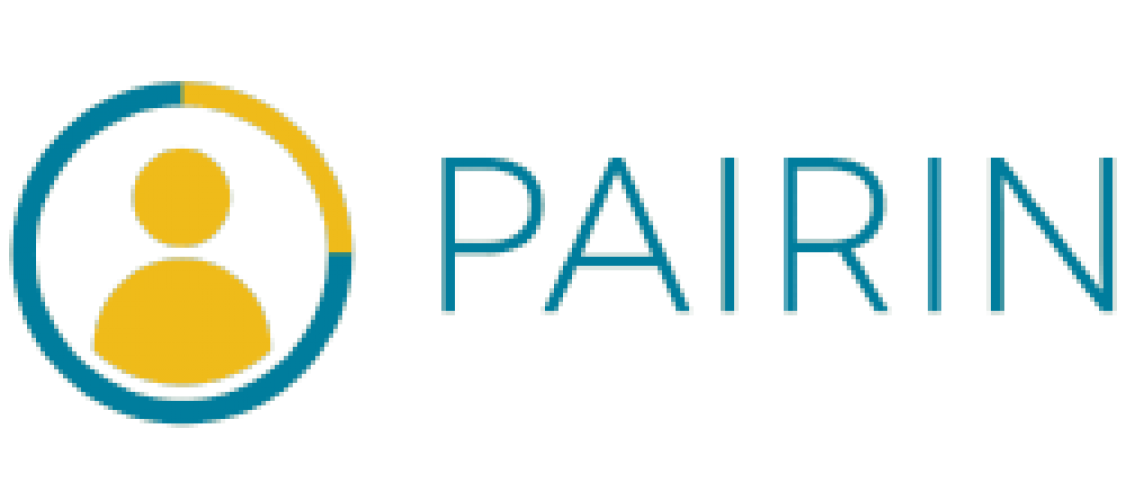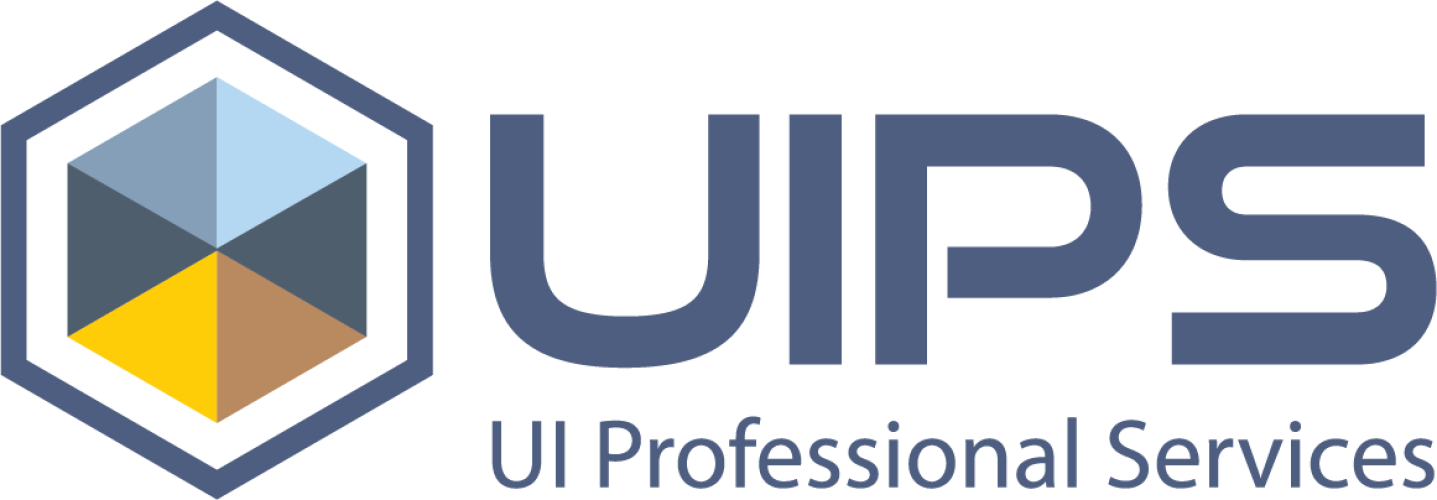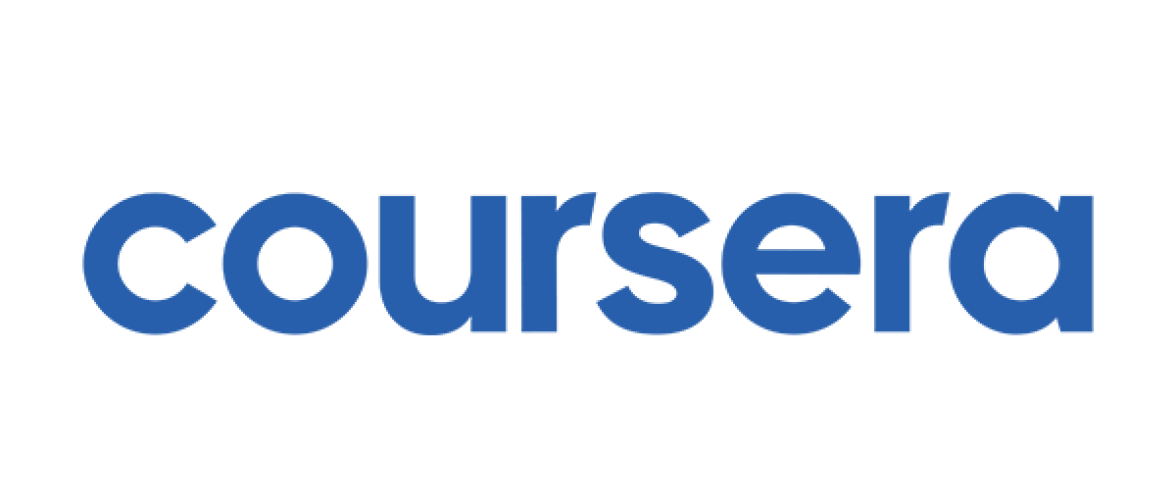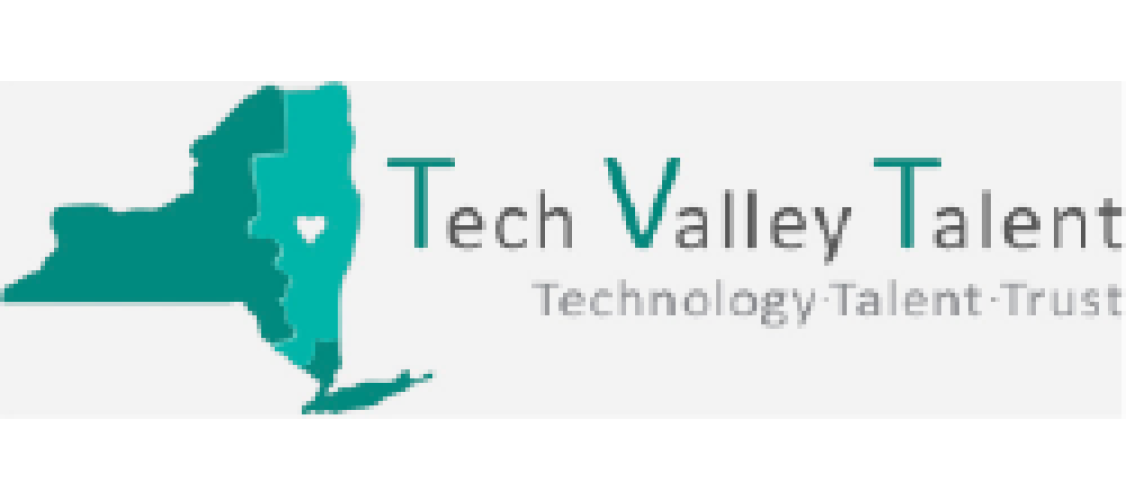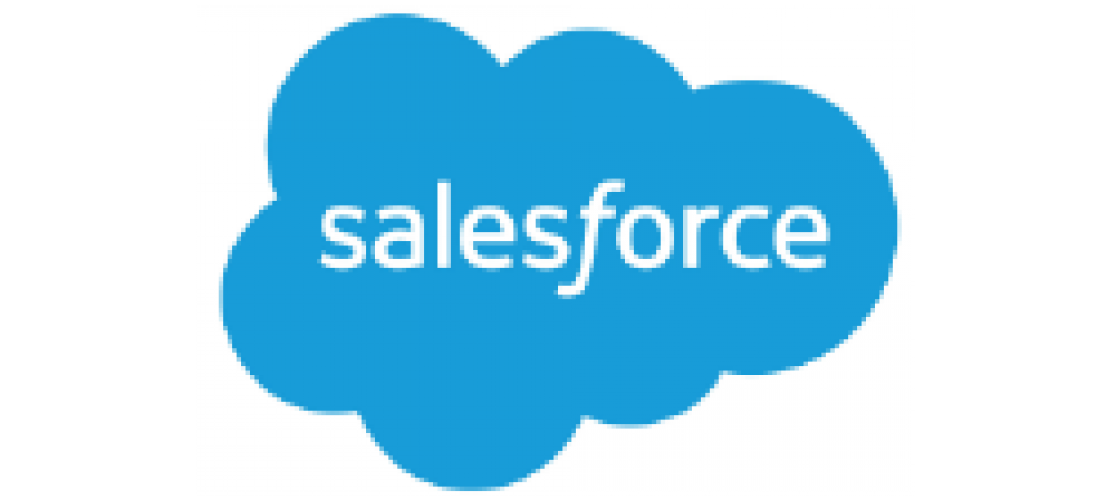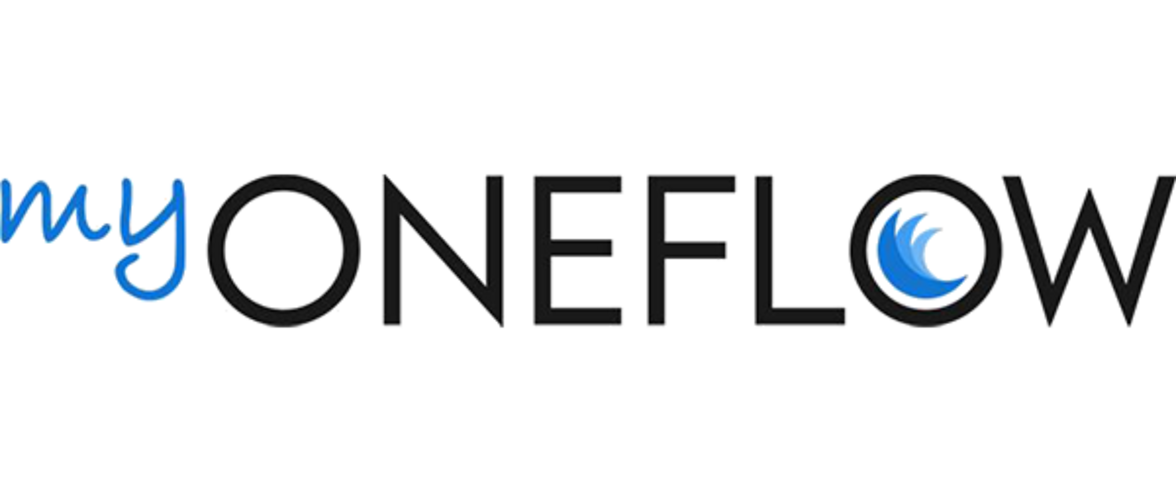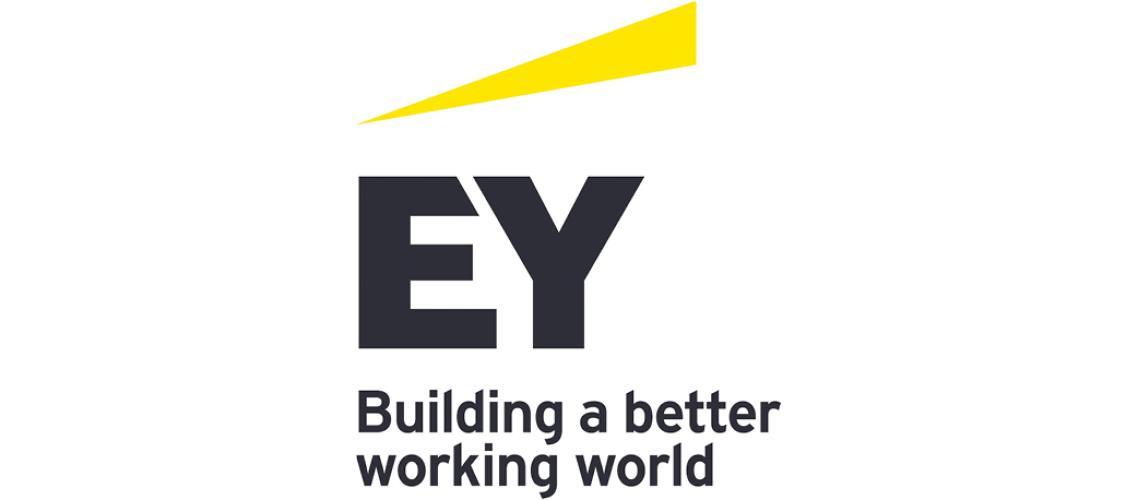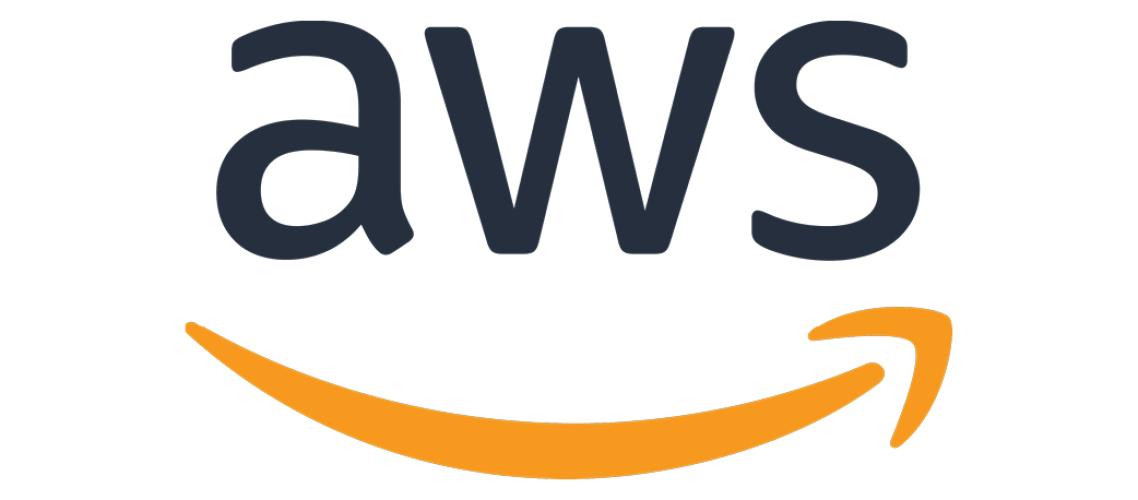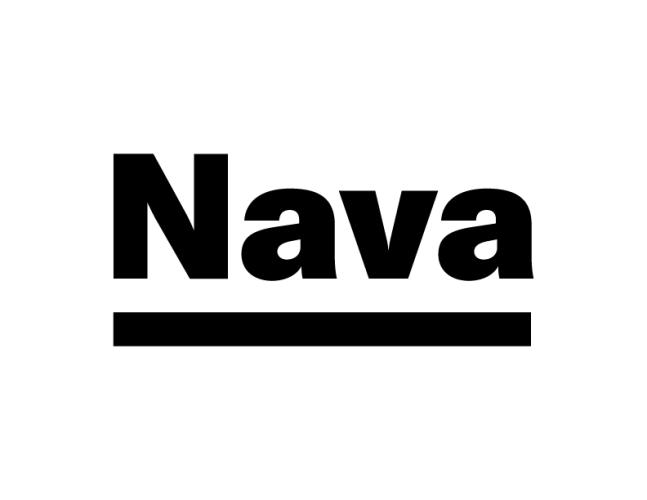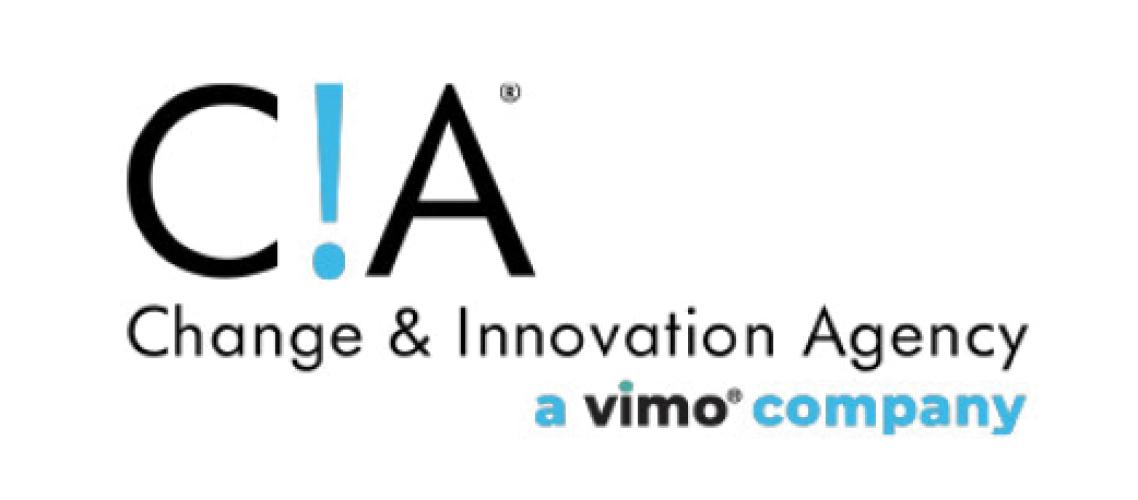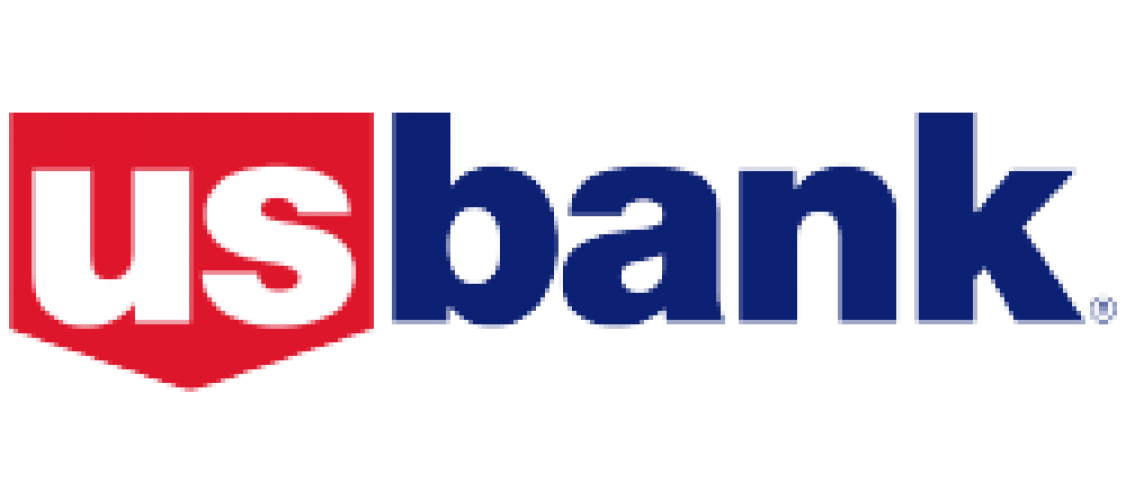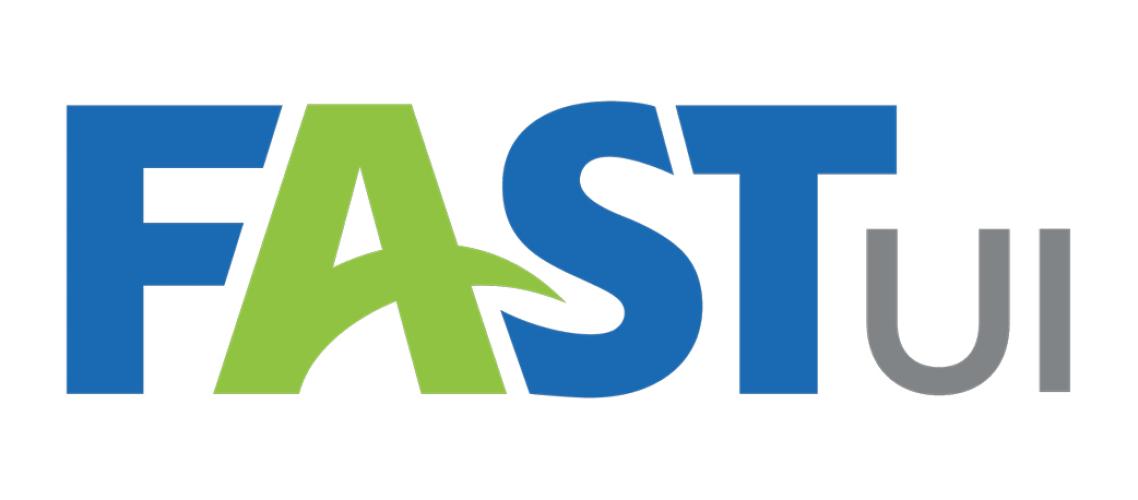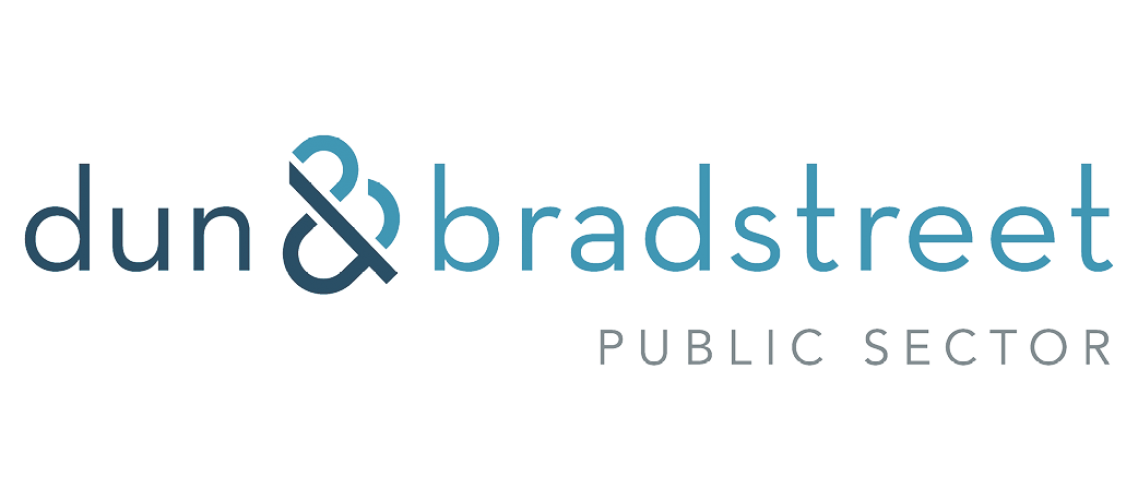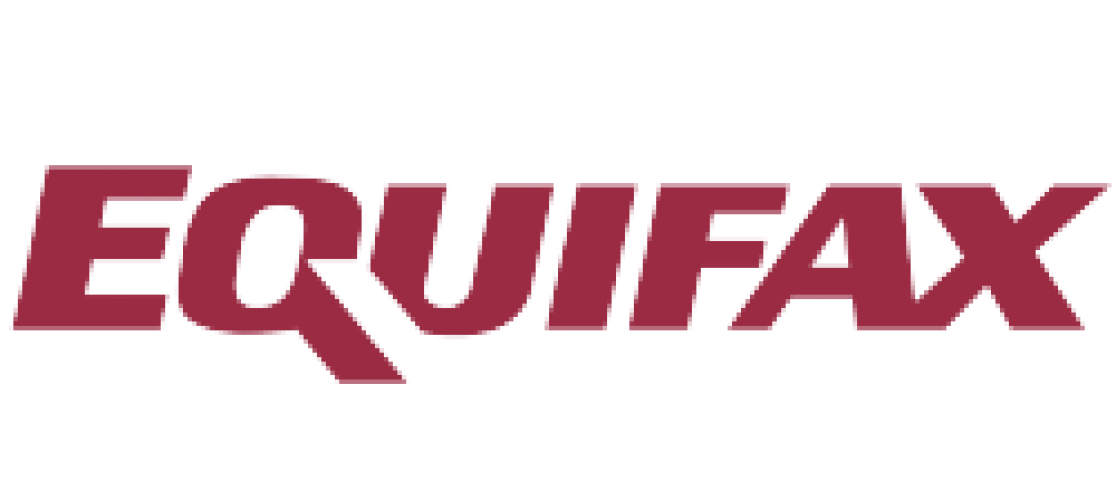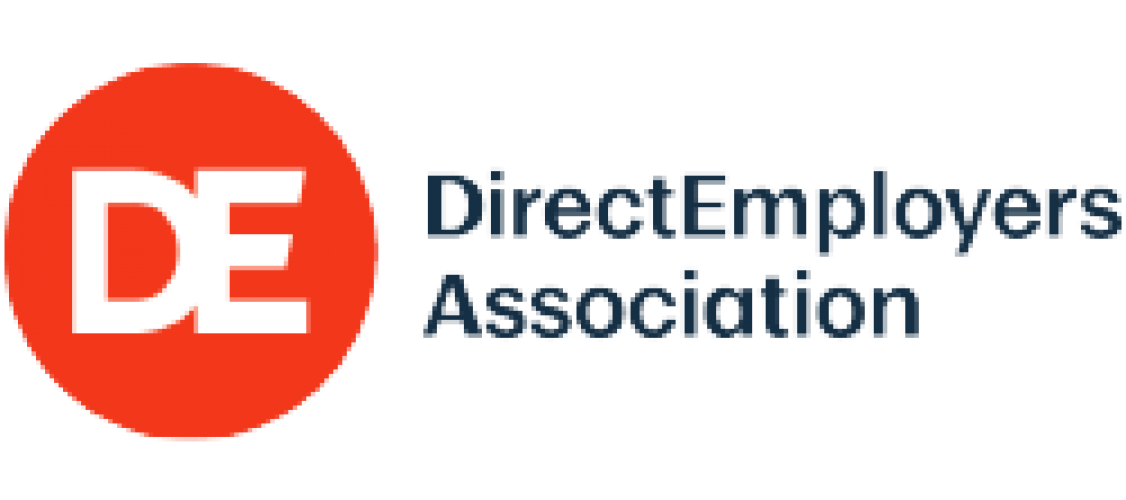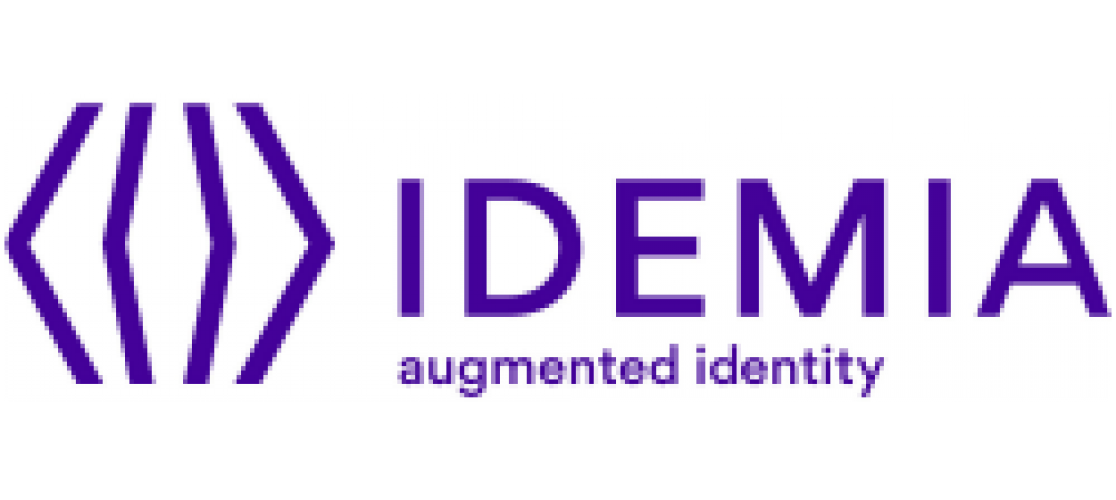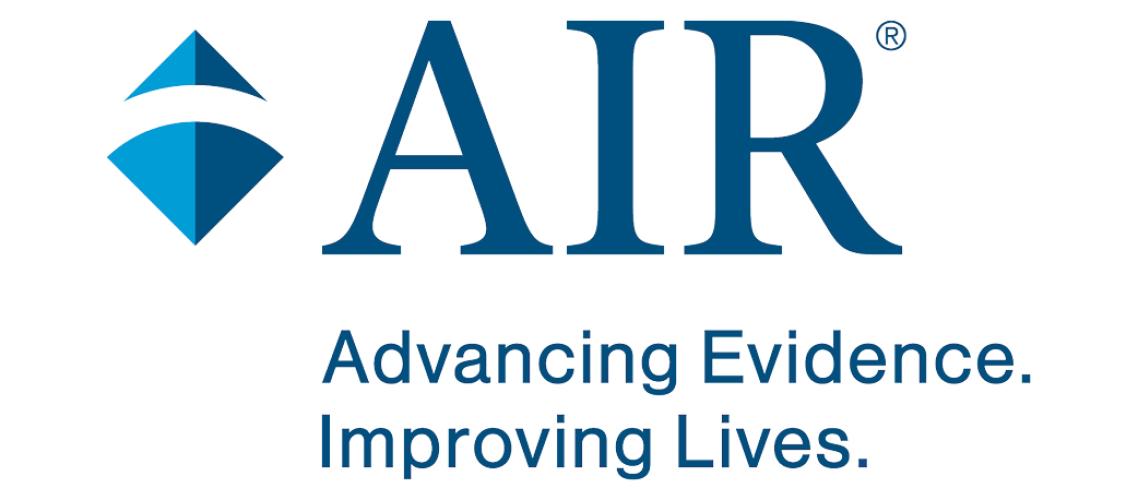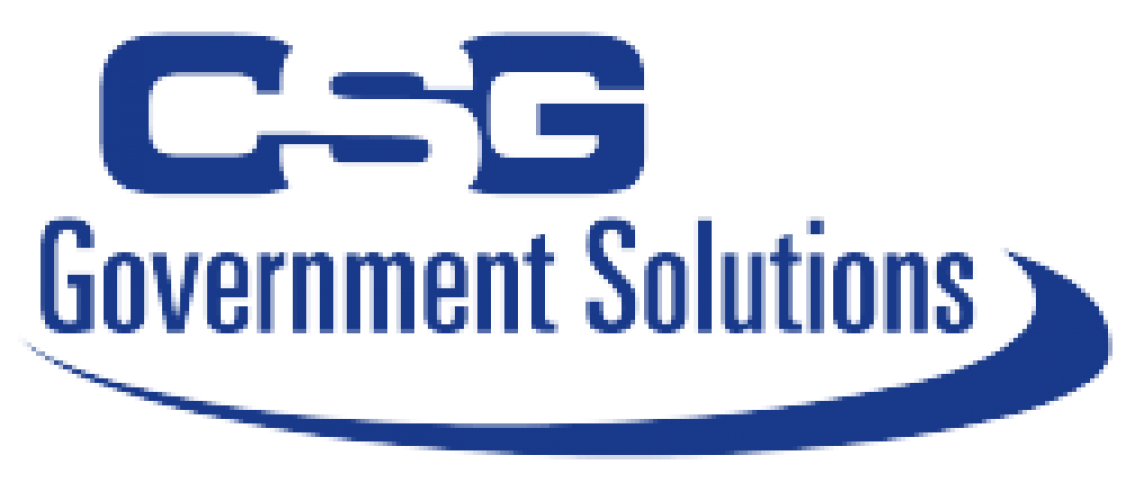Workforce Development Award Nomination Mississippi
Mississippi Workforce Development Award Nomination: WIOA Case Management Hub
Contact Information of Individual Submitting Nomination
Nominator: Laura Ring
Email Address: LRing@mdes.ms.gov
Agency Name: Mississippi Department of Employment Security
WIOA Case Management Hub
To help customers pursue a high-quality career pathway, Mississippi created a no-wrong-door WIOA strategy to ensure coordinated delivery of all workforce, training, and supportive services necessary to achieve occupational goals. To operationalize this strategy, Mississippi developed an innovative, real-time data hub. Mississippi’s combined plan partners (workforce, adult education, human, and vocational rehabilitation services) connected their case management systems to this real-time data hub in order to refer customers electronically and share important interagency case management information. The hub ensures the traceability of all inter-agency referrals to eliminate procedural gaps. It automatically generates appropriate referrals based on a simple diagnostic questionnaire designed to gauge a client’s needs. The hub is headless; agency staff continue to use time-tested case management systems that have been modified to coordinate with the hub. The hub uses open-source technology and contains single participant records, referrals, an interagency success plan, credentials earned, and interagency service records.
Provide a statement of results, accomplishments, impacts and any other appropriate information that demonstrates why the nominee’s efforts described in question #1 were an exceptional contribution. Response (400 word limit).
Mississippi is now able to measure interagency referral traffic to ensure customers are served and engage in continuous improvement. Between October of 2018 and October of 2019, there were 52,248 interagency referrals. Among the closed referrals, 54% resulted in services from the target agency, 33% were “no-shows,” 9% declined offered services, and 4% were ineligible. Another measure of the hub’s impact on service delivery is the level of co-enrollment of customers in all the services needed to fulfill Mississippi’s WIOA goal, that is, connecting individuals with a middle-skill career pathway. For example, between October of 2018 and October of 2019, a total of 13,713 workforce customers were referred from Mississippi Works, the labor exchange system used in Mississippi’s job centers, to the Mississippi Department of Human Services (MDHS). Of these, prior to referral, 2,946 (21%) already received SNAP to address food insecurity. After the referral date, 5,179 (38%) were SNAP participants. Overall, since 2014 when Mississippi began its WIOA implementation, Mississippi has added an additional 2,047 middle-skill workers to its economy annually and has increased its employment rate for people with disabilities from 77% to 84.3%.
Provide a brief description of the nominee’s significant contributions in any one of the other two areas listed under “criteria” that you did not focus on above.Response (400 word limit).
Additional Area: National Impact. WIOA legislation and guidelines for state WIOA plans required all states to specify how coordination of services would be achieved across agency systems. Mississippi met the challenge to create a practical, information technology solution and has shared the resulting model with many states who have requested demonstrations or presentations of the Mississippi WIOA Hub in one-on-one conference calls, multi-state conferences, webinars for multi-state audiences, profiles in trade publications, and webinars organized by federal agencies. Nationally, states implementing WIOA face similar challenges related to the sharing of case data and the integration of legacy systems. Mississippi recognized that replacing agency systems, on which thousands of case workers in multiple agencies have been trained, would be a strategy with high costs and high risk. The Hub system allows existing agency systems to continue to provide a familiar interface to staff while allowing for cross-agency communication. The system itself supports Mississippi’s no-wrong-door policy and reduces data entry for customers and staff. In the process, Mississippi proved the viability of this approach by integrating many different kinds of commercial and legacy case management systems. This has been a valuable example for states attempting to support similar no-wrong-door approaches using technology.
Examples of work
MS - wioa_data.pdf (2.9MB)
MS - NASWA 2020 Pinnacle Award Approval Statement from MDES Administrator.pdf (46.5KB)
